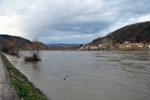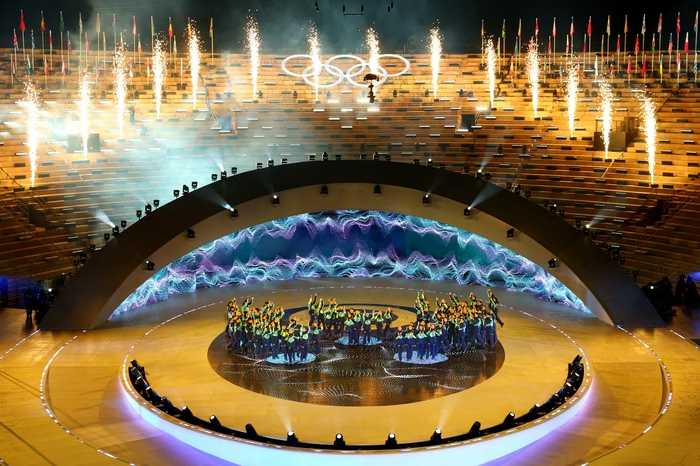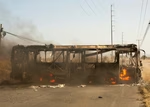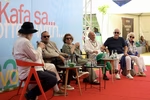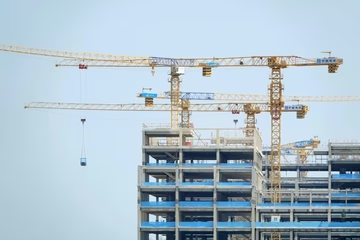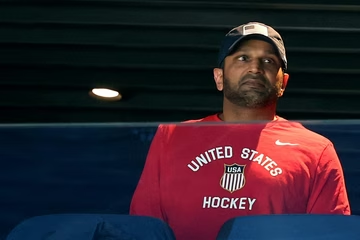High Representative: Two realities exist in Bosnia
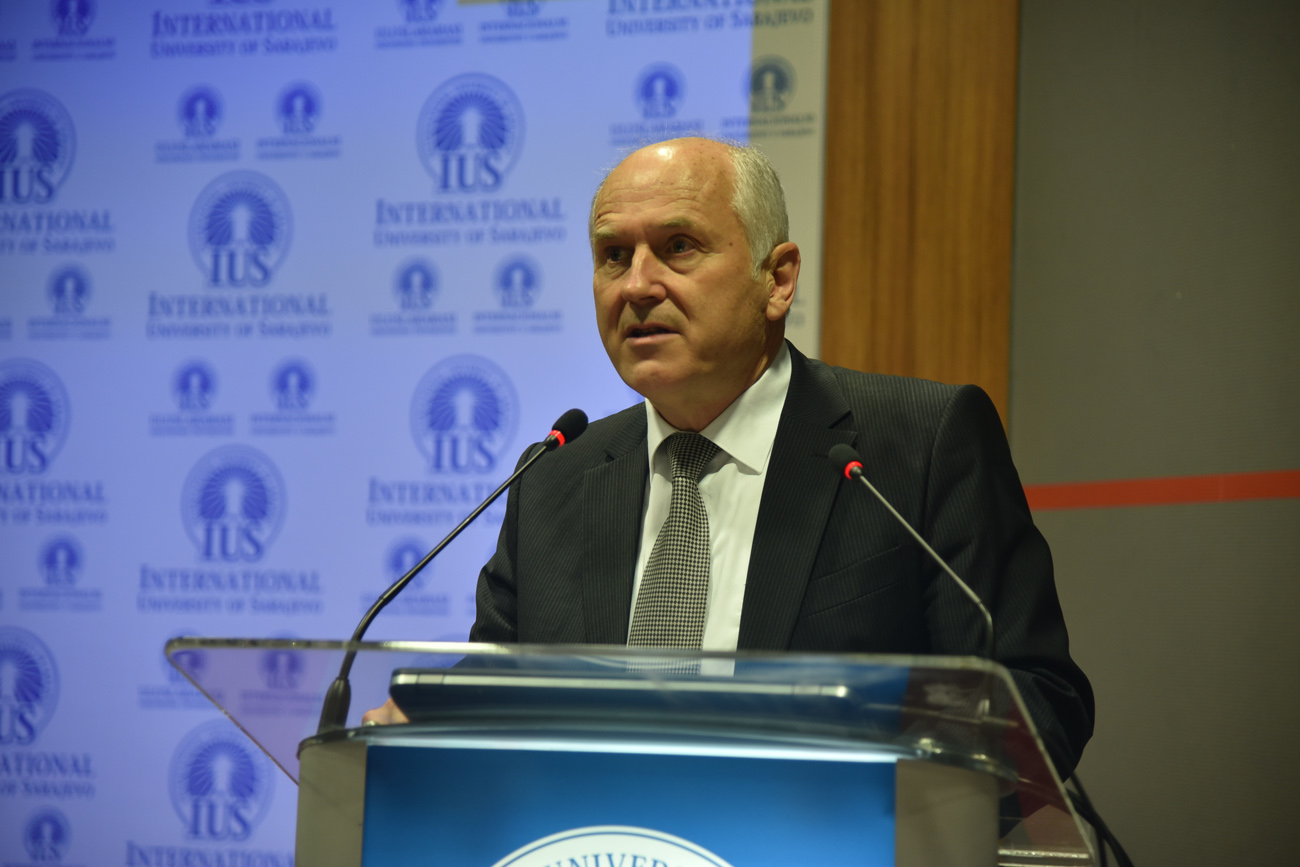
Two realities exist in Bosnia – the consensus regarding its EU membership and the destabilising rhetoric and gridlock in the formation of the government, Valentin Inzko, who is in charge of overseeing the civilian implementation of the Dayton Peace Agreement in Bosnia and Herzegovina, said at International University in Sarajevo, on Thursday.
Oglas
“There are currently two realities in Bosnia. On the one hand, there seems to be consensus across the political spectrum when it comes to EU membership, reflected in the recent handing over of follow-up answers to the European Commission's Questionnaire,” the international community's High Representative said during the "Time Travel?! (In)Terminable Intervention in BiH" lecture.
“On the other hand, we see destabilizing rhetoric from all sides and gridlock in the formation and functioning of authorities. Moreover, over the last ten years, the Bosnian authorities were unable to progress on basic issues like the implementation of the Sejdic-Finci case and related rulings by the European Court for Human Rights.”
In 2009, the Roma representative Dervo Sejdic and former Head of the Jewish Community, Jakob Finci, sued Bosnia for its discriminatory Constitution barring them – as they are neither Bosniaks, Croats or Serbs - from running for Presidency. The European Court of Human Rights in Strasbourg ruled in favour of Sejdic and Finci, saying the state is discriminating against them as a Roma and a Jew.
Oglas
Despite this, Bosnia's Constitution which stipulates that the Presidency consists of three representatives coming from each of the said constituent peoples was never amended.
Inzko noted that there is still work to be done.
Mostar, the Southern-Bosnian city which has not held the local election after the Constitutional Court issued a decision ordering that Bosnia's Election Law and the Mostar City Statute must be amended, must work he said.
Corruption has to stop. The state institutions need to be properly financed. Financing of the Public Broadcasting System needs to be secured, as this is a prerequisite of independent media. The Electoral system needs to be reformed so that elections can be transparent, free and fair.
Oglas
“And most significantly, the judiciary must be allowed to work independently of political pressures and be able to process corruption cases at all levels,” the High Representative added.
He recalled that after 23 years of peace implementation, the hard work of the people of Bosnia and Herzegovina, with the robust support of the international community, has made many outstanding achievements possible.
The primary task for local politicians must now be to focus on issues affecting the lives of Bosnian citizens, such as high unemployment, investments and fighting corruption, the Inzko concluded.
Kakvo je tvoje mišljenje o ovome?
Učestvuj u diskusiji ili pročitaj komentare
Oglas
Kakvo je tvoje mišljenje o ovome?
Učestvuj u diskusiji ili pročitaj komentare
Oglas





 Srbija
Srbija
 Hrvatska
Hrvatska
 Slovenija
Slovenija












